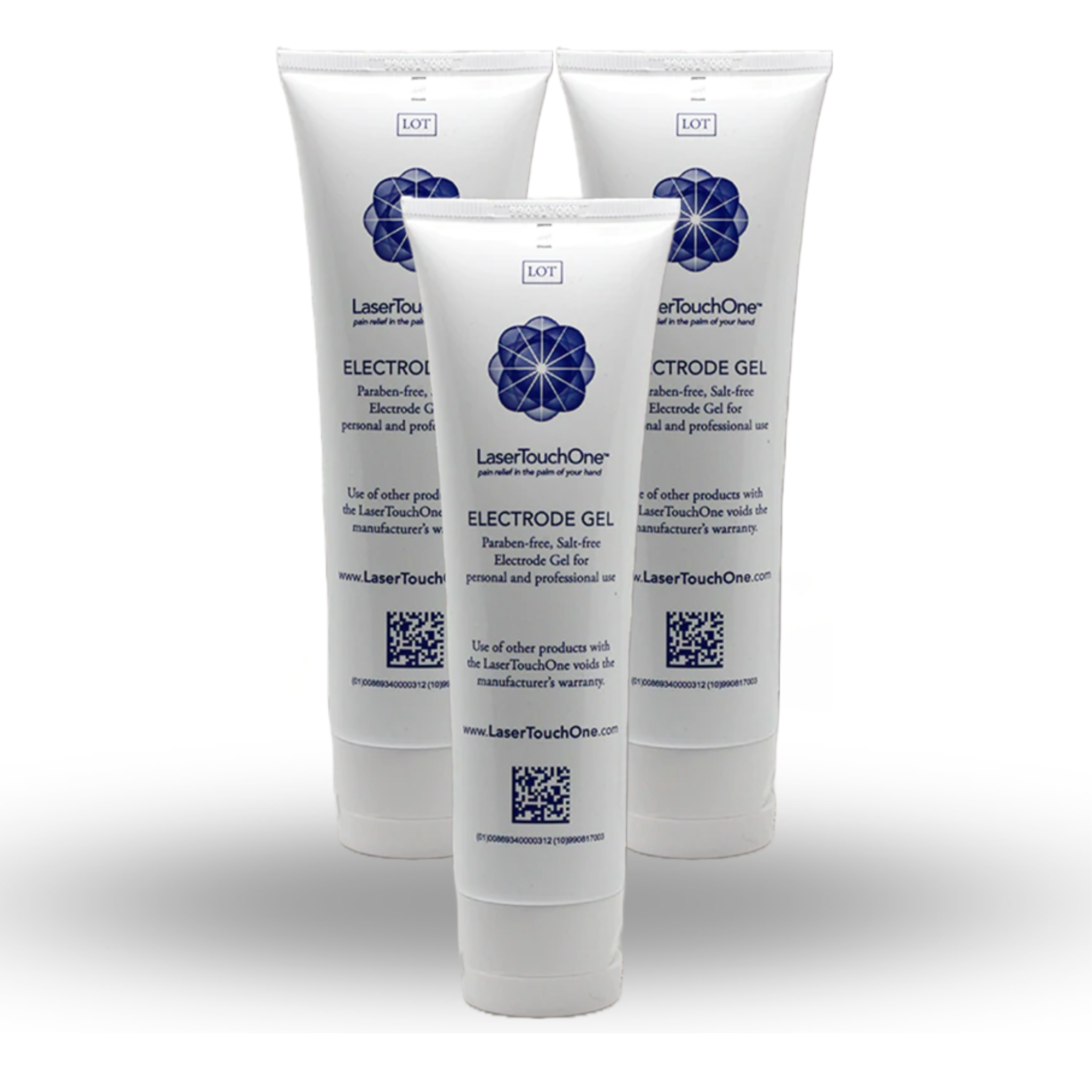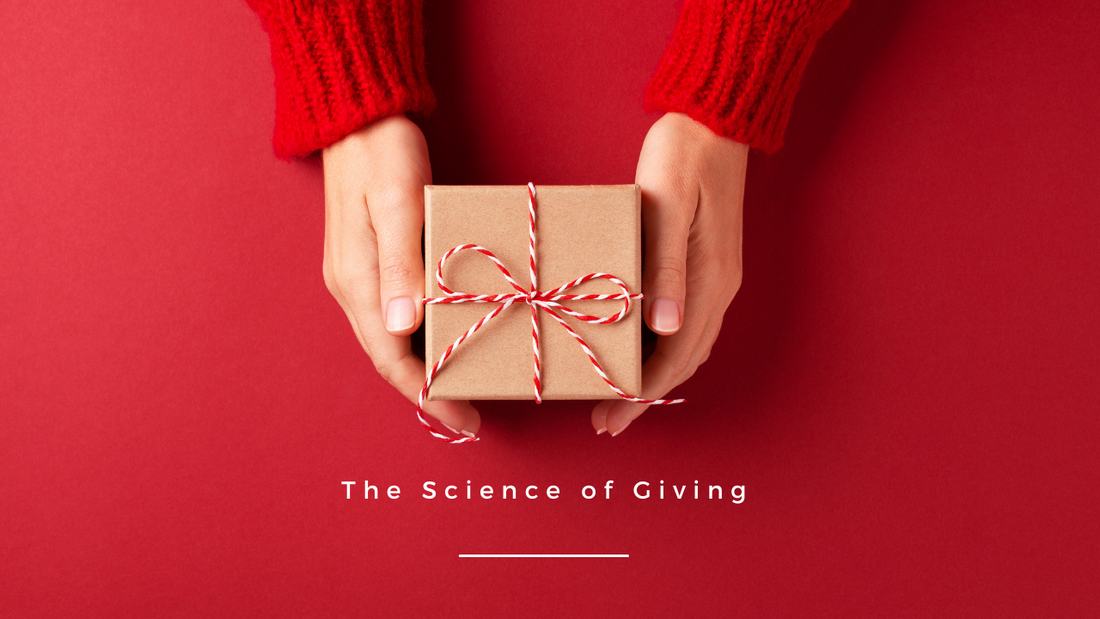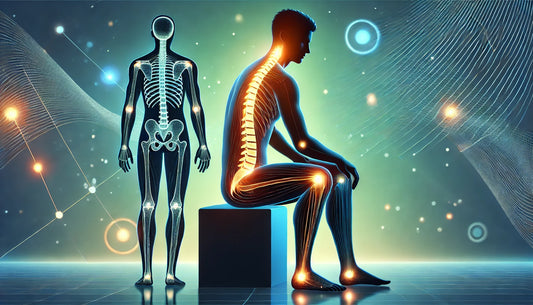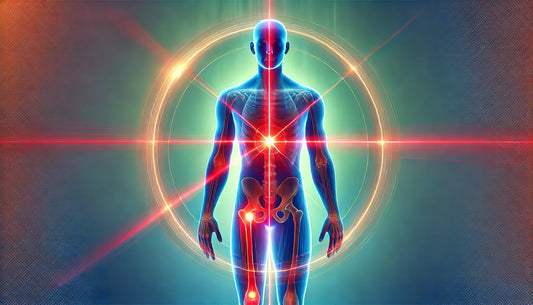When we are young, the anticipation of receiving a gift is intoxicating. It was hard waiting until it was time to rip open the colorful paper to find out what surprise was inside. As we get older, though, something shifts and we often find more happiness and satisfaction in giving to others, rather than receiving. The old adage ‘it is better to give than to receive’ can be traced back to the bible; it is often thought of as a moral lesson. But there is scientific support to show that gift giving has neurological and psychological benefits for the giver.
Studies of the brain have shown that the ‘happiness centers’ of the brain are positively affected when the subject spent money on others. Researchers also found that as generosity increased, so did the levels of dopamine (the neurotransmitter related to happiness) in the brain. Michael Norton, a professor at Harvard Business School, published a study in which over 600 Americans were questioned about how much they earned, how they spent their money and how they rated their happiness. The results showed that regardless of income, the people who spent money on others reported greater happiness. And it didn’t necessarily matter how much was spent; Norton said: "So instead of buying yourself a coffee, buy your friend a coffee and that might actually make you a happier person."
According to the World Health Organization (WHO), "an estimated 3.8% of the population experience depression, including 5% of adults (4% among men and 6% among women), and 5.7% of adults older than 60 years." Depression is a leading cause of disability worldwide and is a major contributor to the overall global burden of disease. Globally, one in seven 10-19-year-olds experience a mental disorder. Half of all such disorders start by age 14 years but most are undetected and untreated.
Spending time picking out the perfect gift for someone or donating to an important cause might seem like a small gesture, but even a small act of giving, in whatever capacity, can trigger those warm and uplifting sensations that can help combat depressive feelings that could be negatively impacting your health and that of others in our sphere.
This February we celebrate Valentines Day...what a perfect opportunity to exercise the science of giving, no matter how big or small that effort may be. Remember, you are not only making someone else's day but doing something healthy for yourself too!






